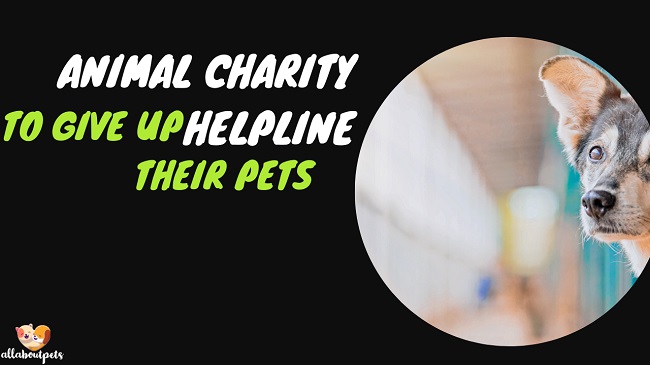Thousands called animal charity helpline to give up their pets. In recent years, the number of pet owners calling animal charity helplines to give up their beloved animals has skyrocketed. This trend has led to a significant increase in the number of pets in shelters, many of whom are left without a home for months or even years. The reasons for this trend are many and varied, but the impact it has on both the pets and their owners is undeniable. In this article, we will explore the reasons why so many pet owners are giving up their pets and what can be done to prevent this from happening.
The Reasons for the Increase in Pet Surrenders
There are many reasons why pet owners are giving up their pets. Some of the most common reasons include:
Financial Constraints In animal charity helpline
Many pet owners struggle to make ends meet, and the cost of pet care can be a significant burden. This is especially true for owners of large dogs or those with special needs. The cost of food, vet bills, and grooming can quickly add up, leaving pet owners feeling overwhelmed and unable to provide for their pets.
Also, Read: Animal Charity Opens Food Bank For Pets
Moving and Relocation Of animal charity helpline:
Another common reason for pet surrenders is the need to move or relocate. Many landlords do not allow pets, making it difficult for pet owners to find a new home. Some pet owners are forced to give up their pets when they move to a new city or country where pet ownership is not allowed.
Health Issues
Health issues can also be a reason for pet surrenders. Some pet owners may be unable to physically care for their pets due to disability or illness, while others may not be able to afford the cost of medical treatment for their pets.
Lack of Time In animal charity helpline:
In today’s fast-paced world, many people simply do not have the time to devote to their pets. This can be especially true for those with demanding careers or young families. A lack of time can lead to neglect, which can have a negative impact on both the pet and the owner.
What Can Be Done to Prevent Pet Surrenders
There are many things that can be done to prevent pet surrenders and help pet owners keep their pets. Some of the most effective strategies include:
Financial Assistance
Many animal charities provide financial assistance to pet owners in need. This can include help with vet bills, food, and grooming costs. By providing financial assistance. These organization can help pet owners keep their pets and avoid having to surrender them to shelters.
Educational Programs
Educational programs are another important tool in preventing pet surrenders. These programs teach pet owners about proper pet care, training, and behaviour. By educating pet owners, organisations can help them avoid common problems that lead to pet surrenders and help them provide the best possible care for their pets.
Pet-Friendly Housing
Working to make housing more pet-friendly is another important step in preventing pet surrenders. By advocating for pet-friendly housing policies, organisations can help pet owners find homes where they can keep their pets, even if they need to move.
Volunteer Programs In animal charity helpline
Volunteer programs are an effective way to help pet owners keep their pets. These programs provide pet owners with the support they need, whether it’s help with pet care, dog walking, or training. By connecting pet owners with volunteers, organizations can help pet owners keep their pets and avoid having to surrender them to shelters.
Please Visit: Horses and Dogs Sailed with Vikings to Britain, Say Scientists
Conclusion animal charity helpline:
Giving up a pet is never an easy decision. But it is important to understand that there are options available to help pet owners find new homes. Their pets and to support them through this process. Whether it be through rehoming, foster care, or surrendering to a shelter. Animal charity helplines play a critical role in supporting pet owners in need.


